|
Dennis
Andrew NILSEN |
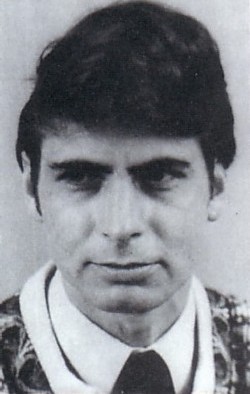
Dennis Andrew Nilsen

Dennis Andrew Nilsen police photo.
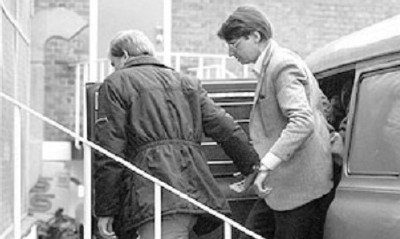
Dennis Andrew Nilsen
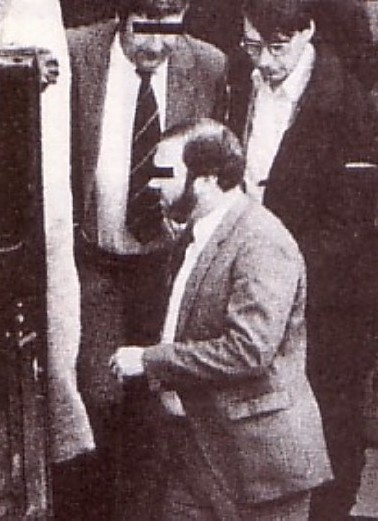
Dennis Andrew Nilsen
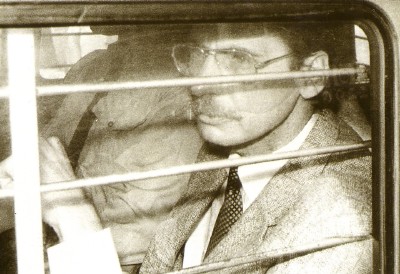
Dennis Andrew Nilsen
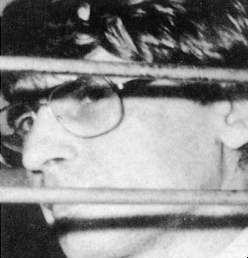
Dennis Andrew Nilsen
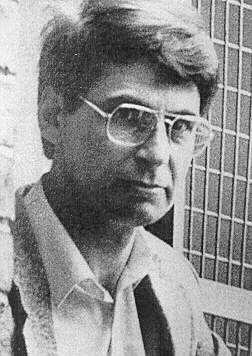
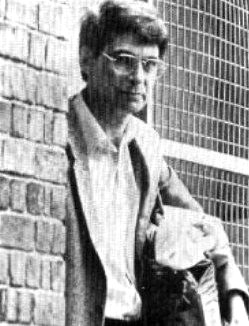
Dennis Andrew Nilsen
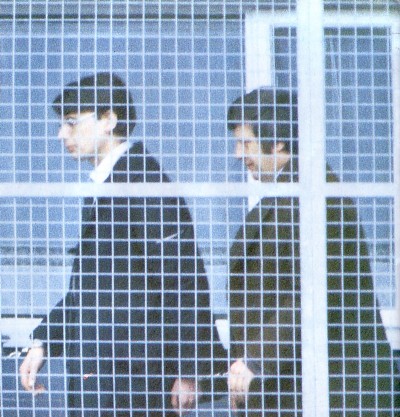
Dennis Andrew Nilsen
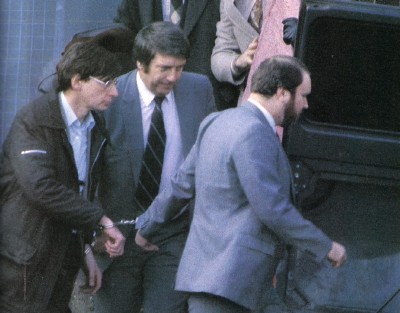
Dennis Andrew Nilsen
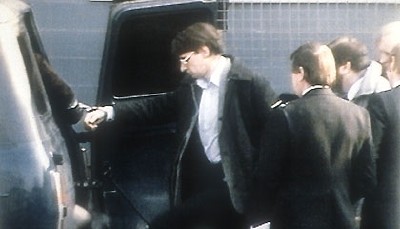
Dennis Andrew Nilsen
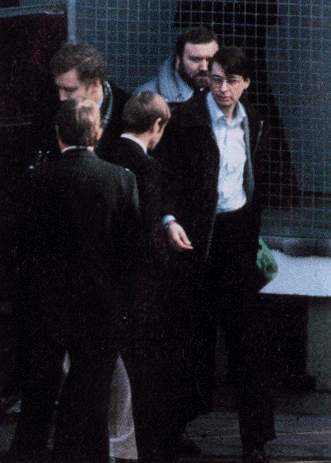
Dennis Andrew Nilsen
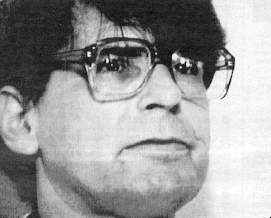
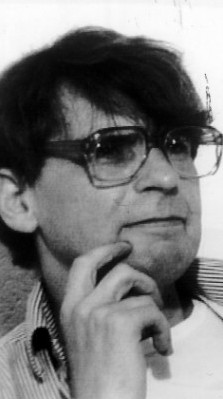
Dennis Andrew Nilsen
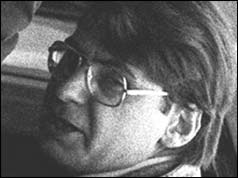
Dennis Andrew Nilsen
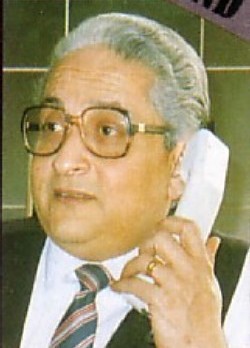
As soon as Nilsen was charged with murder, he was advised to
accept a solicitor to represent him. Ronald Moss, who had dealt with
murder cases before, but never anything on this scale,
accepted the
task.
In the months leading up to the trial, Moss, a cheerful man of
around 40, was put under increasing pressure by Nilson's erratic
behaviour on remand. In april, Nilsen declared that he wished to
discharge legal aid and defence himself. The magistate was
sufficiently astonished to ask three times if he understood the
implications of what he was doing. Soon after this, Nilsen re-applied
for legal aid and Moss rejoined him.
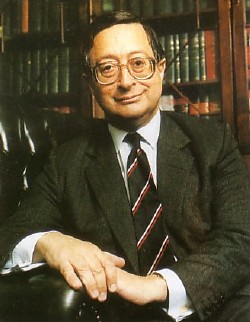
Alan Green was the prosecutor. He maintained that Nilsen had
killed in full awareness of what he was doing and should be found
guilty of murder. His principal evidence was from Nilsen’s lengthy
statement to the police, while the defense relied on psychiatric
analysis. Green was disarmingly polite to Nilsen throughout the
trial. His closing speech was powerful but free from invective
drama.
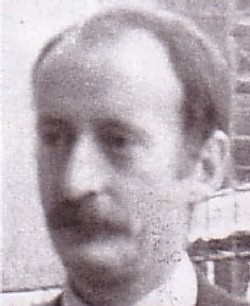
A rebuttal psychiatrist was called, Dr. Paul Bowden, who had
spent fourteen hours with Nilsen-much more than those doctors for
the defense. He found no evidence for much of the testimony put
forth by the other psychiatrists, and thought that Nilsen was
manipulative. He did see Nilsen as a unique case, with a mental
abnormality but not a mental disorder. His explanation of the
difference was not very clear.
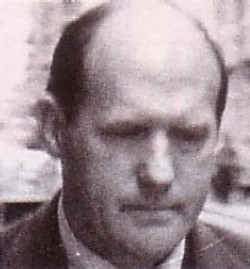
The second psychiatrist, Dr. Patrick Gallwey, diagnosed Nilsen
with a “Borderline False Self As If Pseudo-Normal Narcissistic
Personality Disorder.” He settled for a False Self Syndrome, which
meant that Nilsen had occasional outbreaks of schizoid disturbances
that he managed most of the time to keep at bay. Such a person is
most likely to disintegrate under circumstances of social isolation.
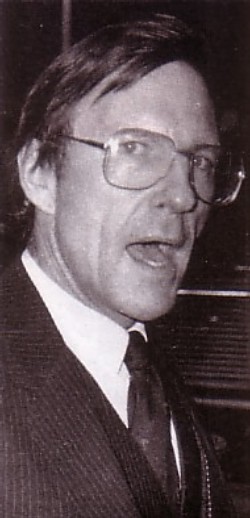
The defense witness, Dr. James MacKeith, discussed the various
aspects of unspecified personality disorder from which he believed
Nilsen suffered. He then described how Nilsen had always had trouble
expressing his feelings, and he always fled from relationships that
had gone wrong.
|
|
|




















